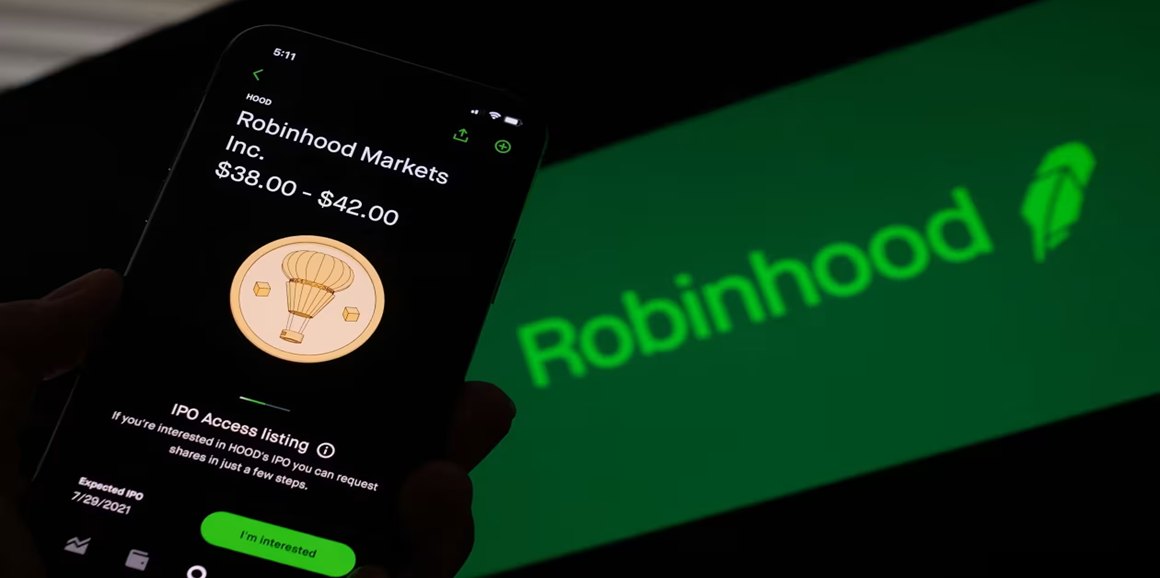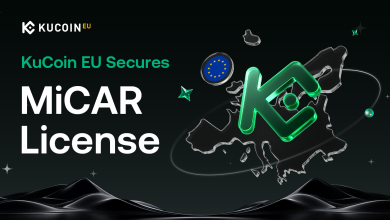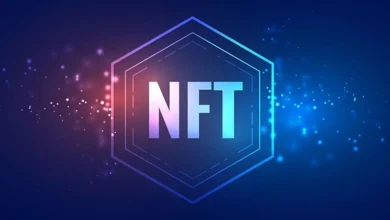Robinhood’s Tenev Says Tokenization Will Become Global Default for Stock Access


Robinhood Markets Inc. chief executive Vlad Tenev said the tokenization of financial assets is on course to reshape markets worldwide, predicting that digital versions of stocks and other instruments will become the main way investors outside the United States gain exposure to American equities.
“I think [tokenization] will become the default way to get exposure to U.S. stocks outside the U.S.,” Tenev said at the Token2049 conference in Singapore this week. “Tokenization is like a freight train. It can’t be stopped, and eventually it’s going to eat the entire financial system.”
Robinhood began offering more than 200 tokenized U.S. stocks to customers in the European Union in June, a rollout that coincided with a rally in its own shares to a record high. The products allow investors to purchase digital representations of underlying securities that can be recorded and traded on blockchains.
The CEO said he expects regulators in Europe to move quicker than Washington in building a framework for tokenized securities. “I think that will come, begining in Europe, but then expanding to the rest of the world,” he said, adding that the U.S. will likely be one of the last markets to fully adopt the technology due to the strength of its entrenched infrastructure.
Tenev argued that tokenization — the process of putting real-world assets such as stocks, bonds, or real estate onto distributed ledgers — will accelerate over the next decade. “I think most major markets will have some framework in the next five years,” he said. “But to get to 100% penetration may take more than a decade.”
The crypto industry has long argued that asset tokenization would lead to cheaper, quicker, and more efficient markets. Momentum has grown this year, with Wall Street institutions including Morgan Stanley and BlackRock signaling interest in tokenized products alongside Robinhood’s launch in Europe.
“I actually think cryptocurrency and traditional finance have been living in two separate worlds for a while, but they’re going to fully merge,” Tenev said. He pointed to stablecoins — digital tokens pegged to fiat currencies like the U.S. dollar — as an ahead, successful case of tokenizing traditional assets.
“I think that crypto technology has so many advantages over the traditional way we’re doing things that in the future there’s going to be no distinction,” he said.
Tenev’s comments highlight the growing conviction among fintech leaders that tokenization will outlast crypto market cycles and become a core part of mainstream finance. While regulatory clarity remains uneven, the pace of experiments in Europe and Asia has already shifted attention away from whether tokenization will take hold to how rapidly it will spread.







